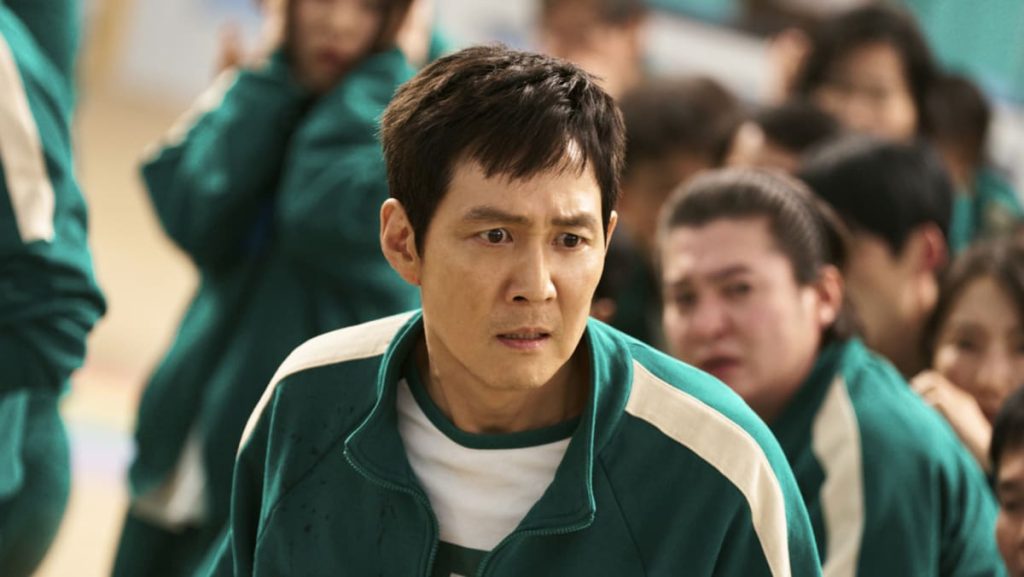Squid Game’s profound impact stems from its exploration of the human psyche in the face of extreme circumstances, particularly the seductive allure of survival against all odds. The series masterfully plays on the almost comical, yet pervasive, belief in individual exceptionalism, the conviction that one is destined for triumph even when faced with overwhelming adversity. This inherent optimism, often bordering on delusion, fuels the players’ participation in the deadly games, despite the inherent cruelty and violence they entail. The show creates a compelling paradox by juxtaposing this fervent belief in individual destiny with the characters’ undeniable humanity, their capacity for compassion, camaraderie, and connection. This tension between self-preservation and human connection forms the emotional core of the narrative.
The show’s critique of capitalism is amplified in its second season by focusing more intensely on the players’ lives before and between the games. This deeper dive into their personal struggles and motivations exposes the vulnerability and desperation that drive them to participate in such a brutal competition. The series highlights the parallels between the high-stakes game and the relentless pursuit of success within a capitalist system. Like the players who rationalize their participation in a life-or-death struggle, individuals within a capitalist framework often cling to the hope of upward mobility, even when the system seems stacked against them. They, too, are susceptible to the illusion of individual exceptionalism, believing they can defy the odds and achieve extraordinary success. This echoes John Steinbeck’s characterization of the American working class as “temporarily embarrassed millionaires,” a sentiment that encapsulates the enduring belief in the possibility of future wealth despite present realities.
The allure of the “big win” in Squid Game mirrors the seductive promise of wealth and status that fuels participation in the capitalist game. Both scenarios create an environment where individuals are willing to override their basic human impulses, their empathy, and their moral compass in the pursuit of a potentially elusive prize. The show exposes the dehumanizing effects of this relentless pursuit, demonstrating how easily individuals can become pawns in a system that prioritizes competition and profit over human well-being. The games themselves become a microcosm of the larger societal structures that perpetuate inequality and exploit human vulnerability.
The show’s chilling depiction of human behavior under pressure is further underscored by the historical example of Bernie Madoff, the disgraced financier who defrauded even close family and community members. Madoff’s actions illustrate the extreme lengths to which individuals can go when consumed by the desire for personal gain. His ruthless betrayal of trust serves as a cautionary tale about the corrosive influence of greed and the potential for even seemingly ordinary individuals to commit extraordinary acts of moral transgression. This real-world parallel adds another layer of complexity to the show’s critique, highlighting the pervasive nature of these exploitative dynamics.
The delay of the actual games in the second season, while initially criticized by some, ultimately strengthens the narrative’s impact. By providing a more nuanced understanding of the players’ lives outside the games, the show creates a stronger emotional connection with the audience. We witness their struggles, their hopes, and their vulnerabilities, making their decisions within the game all the more poignant and relatable. This delayed gratification also heightens the tension and suspense when the games finally begin, as we are now deeply invested in the characters’ fates.
The profound resonance of Squid Game lies in its compelling exploration of human nature within a system that incentivizes ruthless competition. The series uses the high-stakes games as a metaphor for the broader societal forces that shape our choices and behaviors. By focusing on the players’ individual stories and motivations, the show humanizes the consequences of these systems, revealing the toll they take on individuals and their relationships. The enduring appeal of the series lies in its ability to expose the vulnerabilities and contradictions inherent in the human condition, prompting viewers to reflect on their own complicity within systems that often prioritize profit over human connection and well-being. This mirrors the sentiment expressed in Brecht’s “March of the Calves,” where the pursuit of a promised reward blinds individuals to the sacrifices they make along the way, a poignant metaphor for the potential pitfalls of unchecked ambition and the seductive nature of a system that thrives on hope and exploitation.

